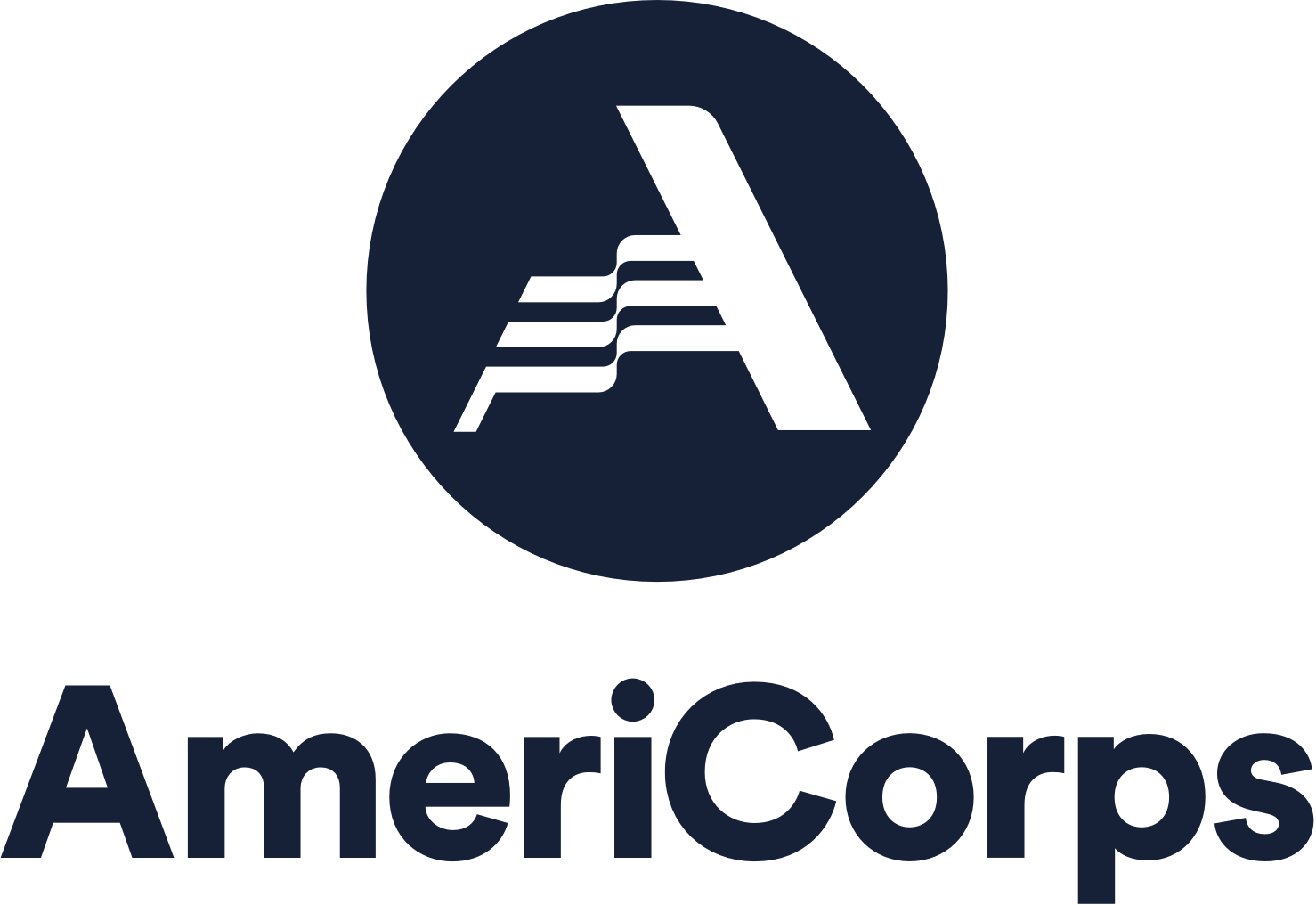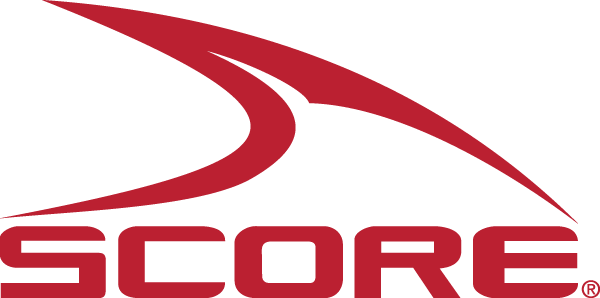The following are excerpts of a speech made by Paul Caccamo at a Congressional Briefing on Capitol Hill on Tuesday, March 20.: In 2010, Up2Us gathered 100 program leaders to Washington and requested a GAO study to explore the state of youth sports. I want to lead off my comments about this study by saying: "This report is exactly why Up2Us exists"
This report points out that sports play a unique role in promoting physical health, academic success and pro-social behavior. To my knowledge, this is the first time the GAO has ever publicly stated the value of sports as an agent of social change in our society. This is an important statement especially because we are one of the only federal governments that does not have an agency or policy director specifically in charge of youth sports.
The report also makes clear that the federal government does not allocate any formal resources to protect youth sports in this country. For example:
The Dept. Of Education does not require a minimum level of funding be allocated to school sports----though participation in sports is tied to increased academic performance.
The Dept. Of Justice, which funds mentors, does not yet include coaches in the current portfolio of mentors, though participation in youth sports is tied to decreased gang activity.
And the Dept. Of Health does not have programs linking their support for promoting physical activity to sports activities that are proven solutions to ending childhood obesity.
The report points out another important challenge facing youth sports in the years ahead: that the infrastructure that is necessary for youth sports is crumbling. At Up2Us, we know firsthand from our members that in many cities kids can’t play because they have no busses or transportation to get to the games. We know that school gyms are now classrooms, cafeterias are makeshift gyms, courts are in disrepair, and fields are often padlocked after school. We know that equipment is in dangerous disrepair and some teams are forced to share uniforms. And we know that schools and communities are lacking trained coaches during daytime hours when kids need them the most.
There are three last points on this report that I think are worth commenting on for further study:
1. The report states that opportunity to play sports are increasing based on evidence from 2000 to 2006 and interviews with a dozen officials. Yet, Up2Us has found that $3.5 billion has been cut from public school sports programs based on data collected from almost 500 public schools and districts across the country in the past two years.
2. The report says that roughly 30% of public schools charge fees or “pay-to-play” and that this percentage has not changed by much between 2000 to 2006. Yet, Up2Us has found that the past 3 years have been devastating economically to many communities. Pay-to-play is now surging as a practice and is embraced by 43 states. As a result, at least 40% of public schools charge fees as of 2010.
3. Finally, the report mentions that schools that charge pay to play or other fees sometimes waive these fees for youth who cannot afford them. Yet the report does not going into further detail about whether the existence of these fees is a barrier to prevent poor youth from even trying out for sports; whether these fee waivers tend to favor talented youth over non-talented athletes; and what happens to schools in the poorest public school districts in which no student is able to afford a fee.
I will tell you what happens. Their sports programs disappear.
Despite these discrepancies, I am pleased that at least we are finally having this dialogue about the State of Youth Sports in America at the level of our Federal Government. I thank all the members of Up2Us who petitioned in Washington to make this dialogue possible. Thanks also to the leadership of Congressional Youth Sports Caucus. As this report makes abundantly clear, our endgame is not to fight for sports to make the next great team of American all-stars, but to protect sports to ensure the next great generation of American citizens.
Paul Caccamo Executive Director






